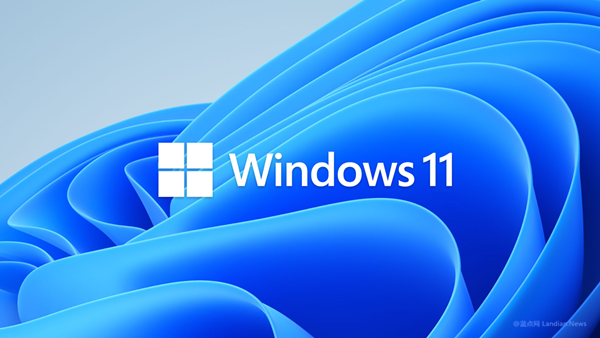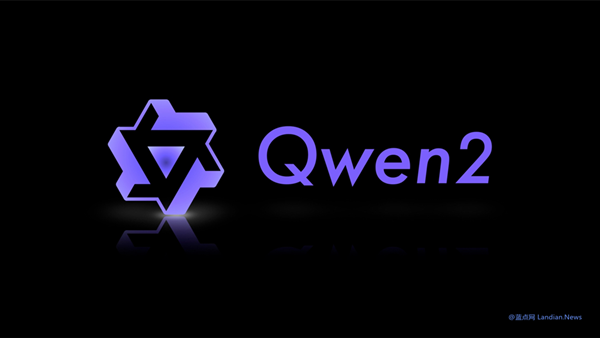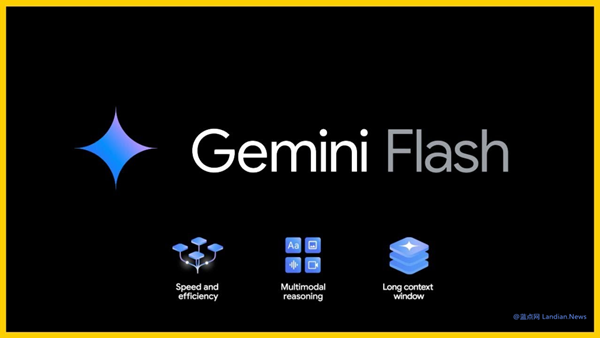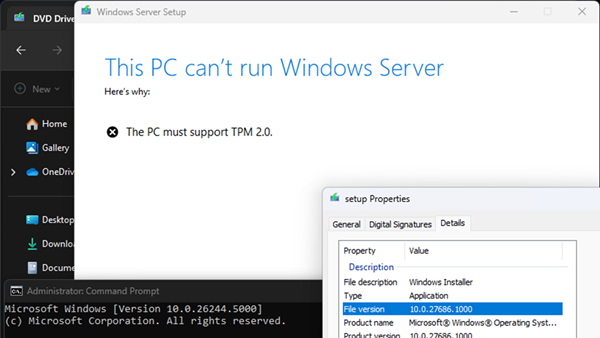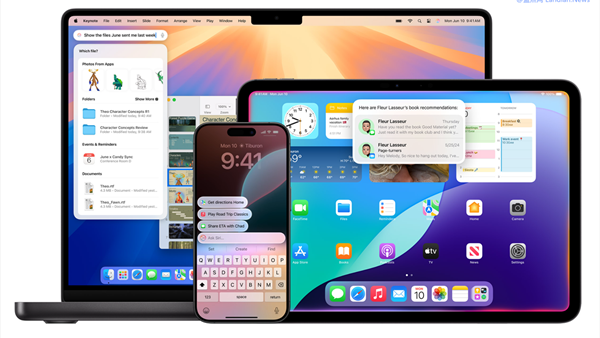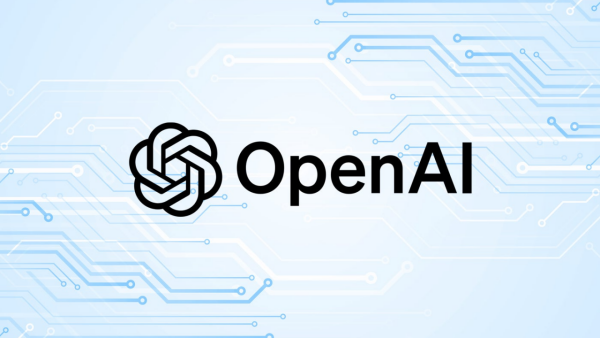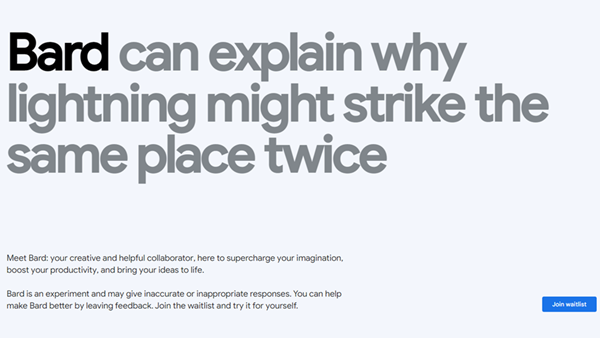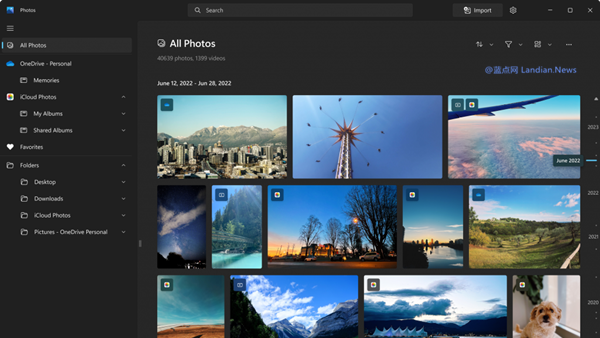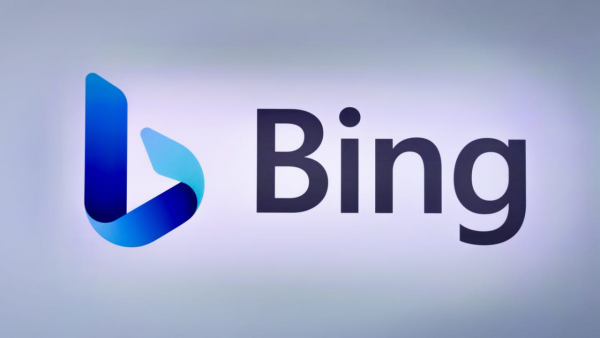Microsoft issues a paper on Prometheus, the AI model that drives Bing Chat More powerful than ChatGPT
The biggest thing for Microsoft this month is the release of Bing Chat -- a chatbot based on the GPT model.
But Microsoft has been too busy to talk about the technology behind Bing Chat. We know that ChatGPT uses GPT-3.5, and rumor has it that Microsoft got GPT-4 from OPENAI, but the AI model codenamed Prometheus is much more than that.
Jordi Ribas, Microsoft's vice president for search and artificial intelligence, discussed Prometheus and what it does in a LinkedIn post.
Jordi Ribas says Microsoft initially noticed OPENAI's next-generation GPT model in the summer of 2022, calling it a game-changing model. Microsoft was then inspired to start exploring ways to integrate GPT into its Bing search product, so it wasn't that Microsoft started integrating GPT after ChatGPT exploded in popularity, but the introduction of ChatGPT may have accelerated Microsoft's pace.
Similar to other large language models (LLMs), this new GPT model is trained on existing data, but for Prometheus, Microsoft wants to combine this LLM with Microsoft's back-end power.

Jordi Ribas stated:
More specifically, we developed a proprietary technology we call Prometheus, a first-of-its-kind AI model that combines Bing's latest indexed data, rankings, and search results with OPENAI's state-of-the-art creativity and reasoning capabilities.
Prometheus leverages the power of Bing and GPT to iteratively generate a set of internal queries through a component called Bing Orchestrator, designed to give the best answers to questions posed by users and also analyze them based on context, all in milliseconds, which is why we call the answers generated by Prometheus chat answers.
Why the emphasis on combining Bing indexer data:
The reason is that Microsoft has found that the only way to provide users with more accurate answers is to combine the latest networking data. Specifically, Bing Chat uses the latest Bing indexed web data to find answers, analyzes it based on Bing's internal weight, and then obtains data from higher weight sites such as news sites and encyclopedias.
As a result, the accuracy of the answers provided by Bing is greatly improved, and there is no nonsense as in the case of ChatGPT.
Jordi Ribas said a key goal for new Bing is to gather feedback so that it can be applied responsibly, remembering to combine real-time Bing index data with large language models.
He said Microsoft learned more from real users in the first two weeks than it did in months in the lab, and Jordi Ribas also mentioned lessons learned: Bing Chat flopped on long conversations, and Microsoft has now been more careful to tweak the model to learn from that flop.
